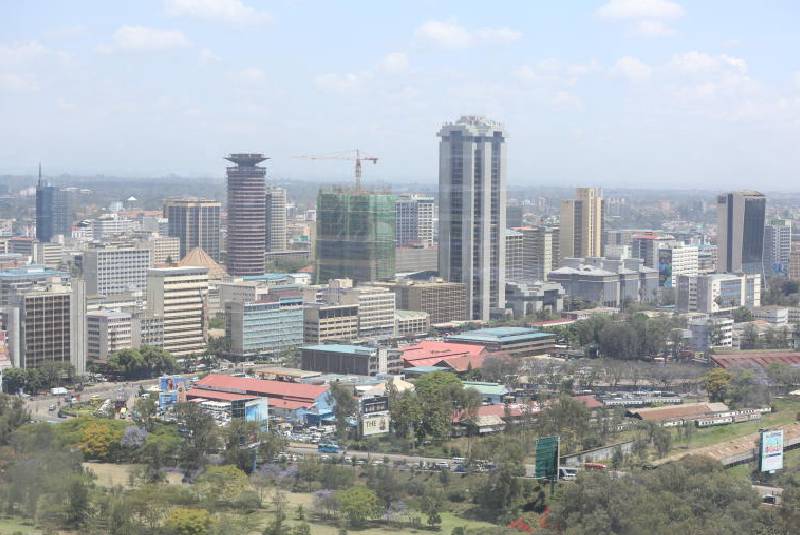×
The Standard e-Paper
Smart Minds Choose Us

Nairobi city. The study examined the needs of workers in the world's fastest-growing cities on human, health, money, and work. [Edward Kiplimo, Standard]
Employees in Nairobi city rank affordable housing as the most important factor in deciding where to live and work.